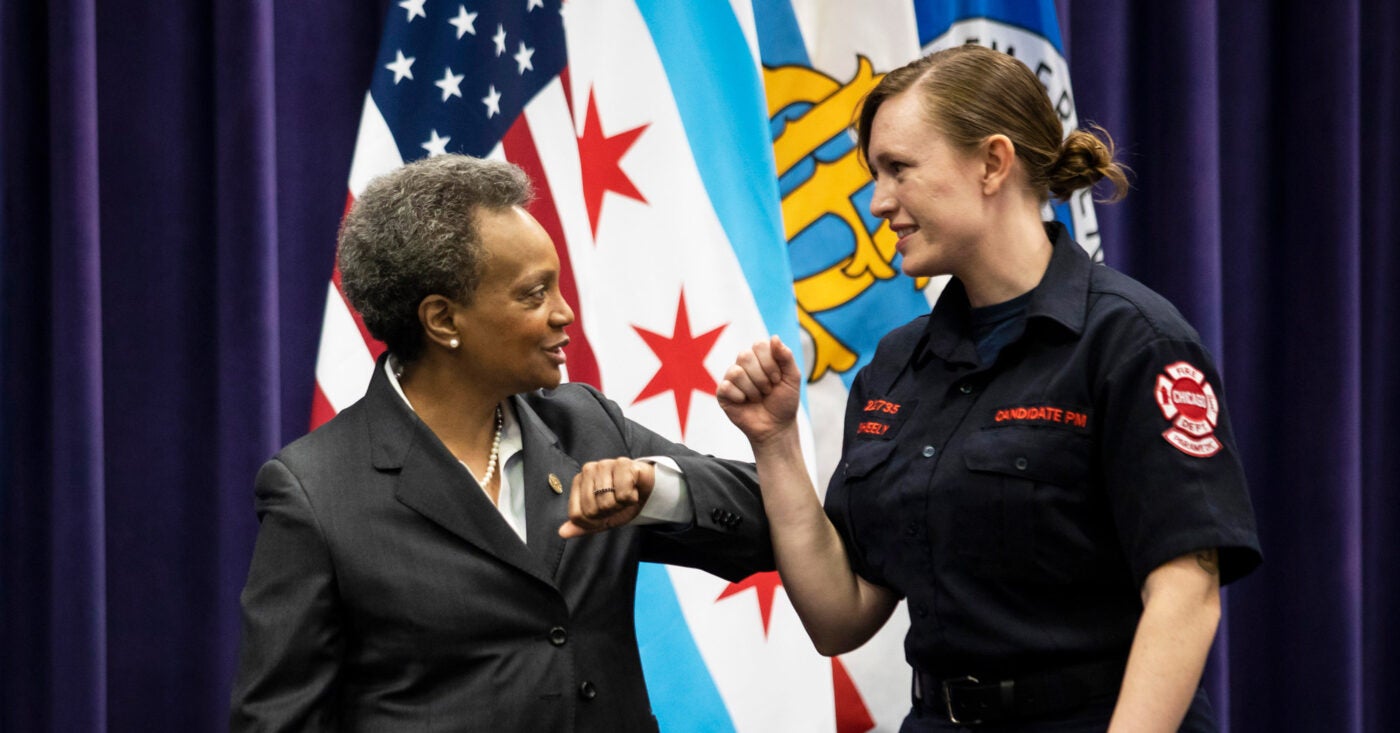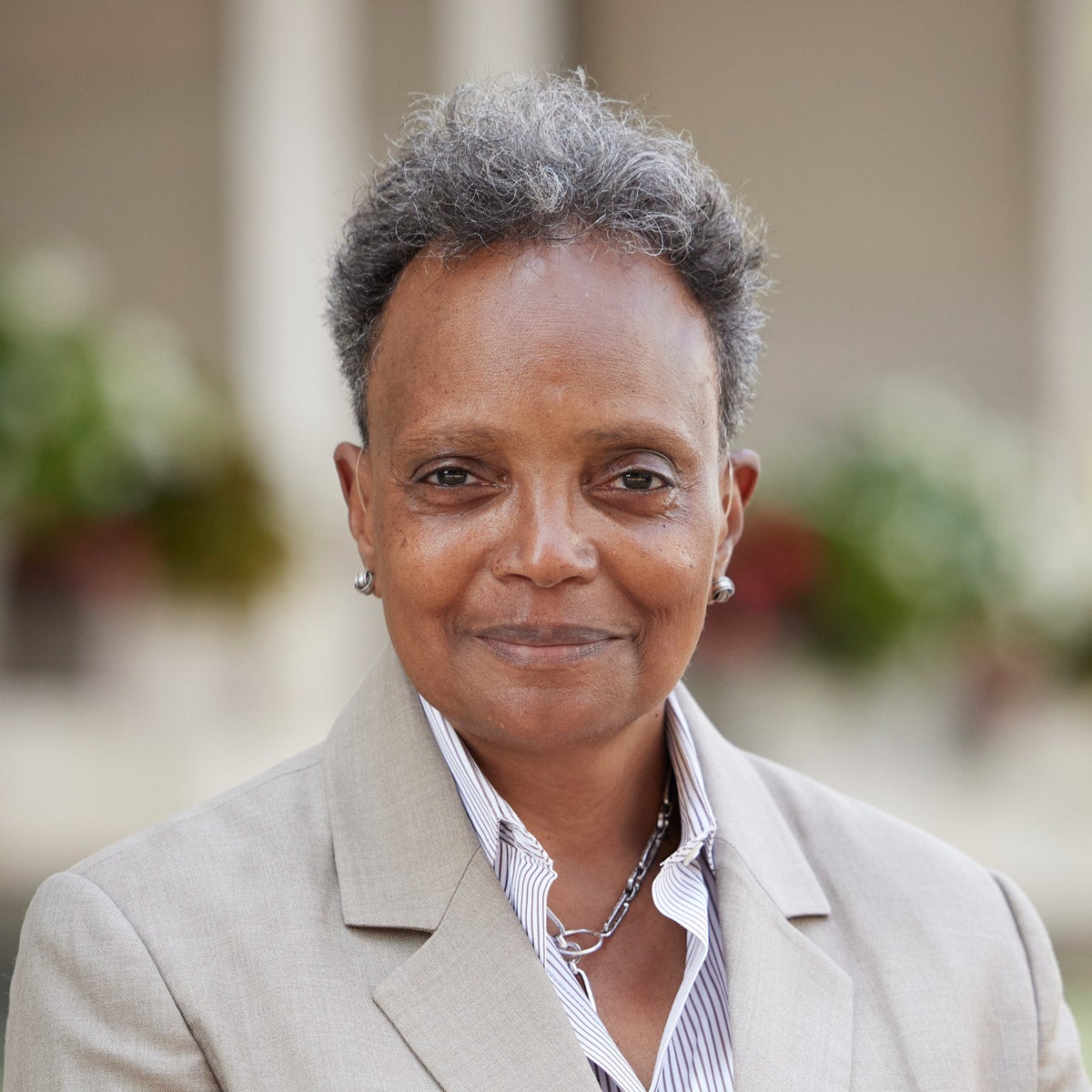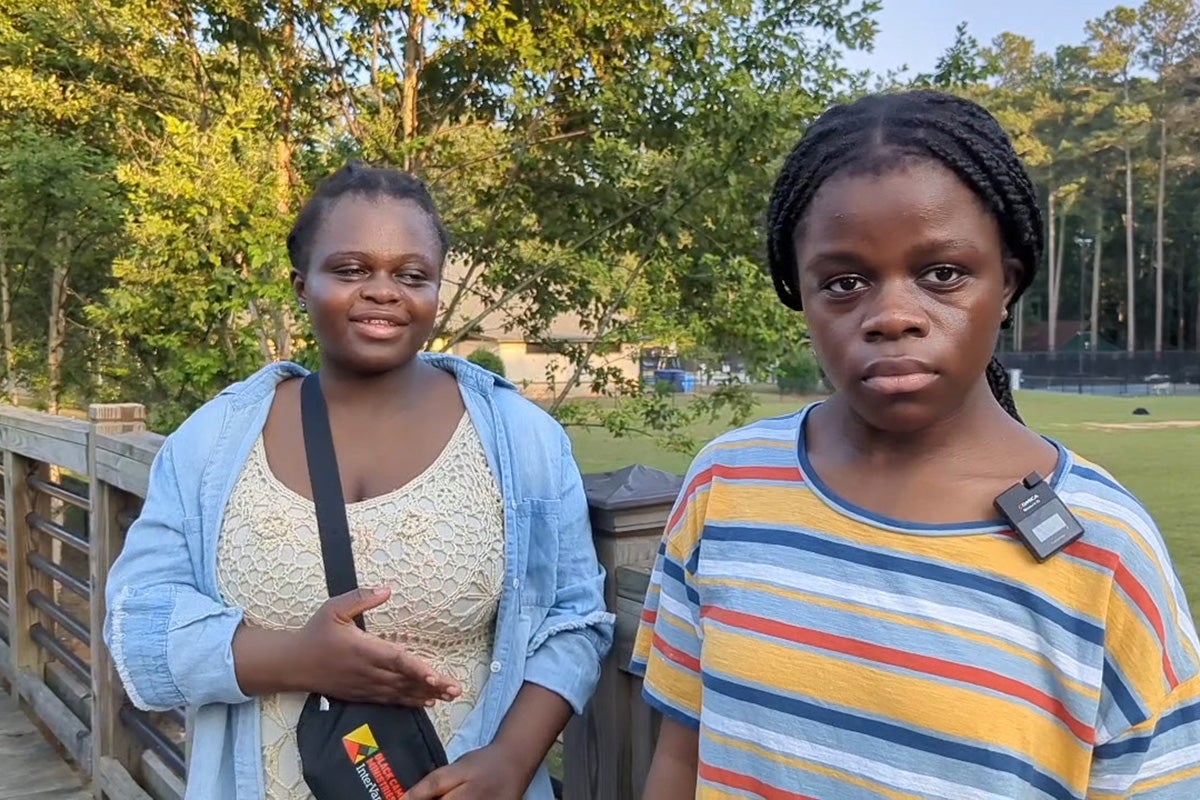
Opinion
Mayor Lori Lightfoot on why she embraces public health
We all hope and believe that the worst of COVID-19 is behind us. But the pandemic left its mark on all of us, particularly our most vulnerable residents. So local leaders cannot just move on. Now is the time to put the lessons learned during the pandemic to work on behalf of healing our communities.
Sign up for Harvard Public Health
Delivered to your inbox weekly.
As a mayor, it is imperative that you know if you and your city are ready for not just the next public health emergency, but for the present, persistent public health issues in your community. Many of these issues—like life expectancy gaps, behavioral health challenges, health care access disparities, food deserts and insecurity, and of course generational poverty—are decades in the making and borne of structural issues such as racism and crushing generational poverty and exacerbated by public and private sector neglect. And I appreciate that addressing them may seem like climbing a very steep mountain without being able to see the top.
Further complicating this trek is that most mayors enter office knowing little about public health. That was certainly true for me when I became mayor of Chicago in 2019, just nine months before COVID upended life as we knew it. Nonetheless, I can tell you from firsthand experience: Don’t be content in the knowledge that the worst has passed you by. Now is the time to learn, invest, and work consistently to address your community’s urgent needs. Now is the time to invest in public health.
Our historic neglect of public health has not been cost-free.
For mayors across the country, public health holds important answers to many of those vexing social, emotional, and health care related challenges. It is a critical component to creating tangible equity. Embracing, supporting, and empowering public health experts can help mayors address immediate challenges that impede any meaningful efforts to improve the quality of life for people and neighborhoods, particularly those historically underserved. Public health’s emphasis on data, science, and root cause analysis offers mayors tools to create foundational improvements on a range of issues. And public health practitioners have a vast array of experience to meet the moment and help residents heal and live their best lives.
I know these things to be true from my experience as a mayor governing in the time of COVID and beyond. We leaned into the opportunities COVID created—the trust we earned with community leaders, the federal dollars that flowed to make transformative progress on many of these issues—and we did it hand in hand with our public health leaders, who rallied the public and private sectors to champion the importance of using public health solutions to the challenges our residents were facing.
But where do you begin?
Assemble a team to look at crucial public health issues
Assemble your public health team and start asking questions. Make sure you have the right leadership in place, i.e. true public health experts who have bona fide experience in handling a range of public health challenges. Make sure your epidemiological team can produce data analyses that are clear and understandable for lay people like yourself. And make sure you understand your preparedness infrastructure. Is your city committing resources to stockpiling the equipment and tools needed to meet the next big moment—and also the smaller but urgent ones in between? These are the basics. And if you don’t know where or how to begin, gather a group of public health experts from hospitals and universities to help you do a thorough assessment of your city’s strengths and challenges.
I believe that living through the devastating effects of COVID demonstrated the absolute necessity for mayors to prioritize the various interconnected public health challenges. As a result of the COVID experience, public officials have hopefully strengthened their resolve and changed the mindset toward public health and the important positive possibilities that can flow from using the tools of public health to meet the moment.
Beware of the politicization of public health issues
Be aware of the many ways in which public health has been politicized during and since COVID first came to our shores. Our country’s public health system is highly decentralized. Many local and county health authorities have broad writs which have been unaltered and unquestioned for decades. But since 2020, when opposition to COVID mandates caught fire, some governors and state legislatures have moved to significantly restrict the scope of authority for local public health officials and boards. That work to take away local power continues today. As mayor, you need to understand the scope of your public health power and current trends in your state.
Know that ignoring public health issues is not cost-free
Why does any of this matter? Because our historic neglect of public health has not been cost-free. Health challenges that plague far too many of our residents, individually and collectively, hold people back, contribute to neighborhood decay, and are extraordinarily costly to address on the back end. And what I saw as COVID ravaged my city is that many residents were often deeply skeptical that government could help them; especially in underserved neighborhoods, the virus was the least of their worries.
The dilemma for mayors and public health officials was and remains clear: Meet residents’ immediate needs first in order to win trust needed to bring in public health remedies. Fill up that well of good will now. That starts with demonstrating that mayors and government officials are listening to residents as the first step toward legitimizing the work of government in these spaces.
Top photo: Rebecca Sheely bumps elbows with Mayor Lori Lightfoot after taking the oath of office during the graduation ceremony with other Chicago Fire Department paramedics at Chicago Police headquarters in late March 2020. The paramedics graduated ahead of schedule to address the need for more first responders during the coronavirus pandemic. (Ashlee Rezin Garcia / Chicago Sun-Times via AP)



